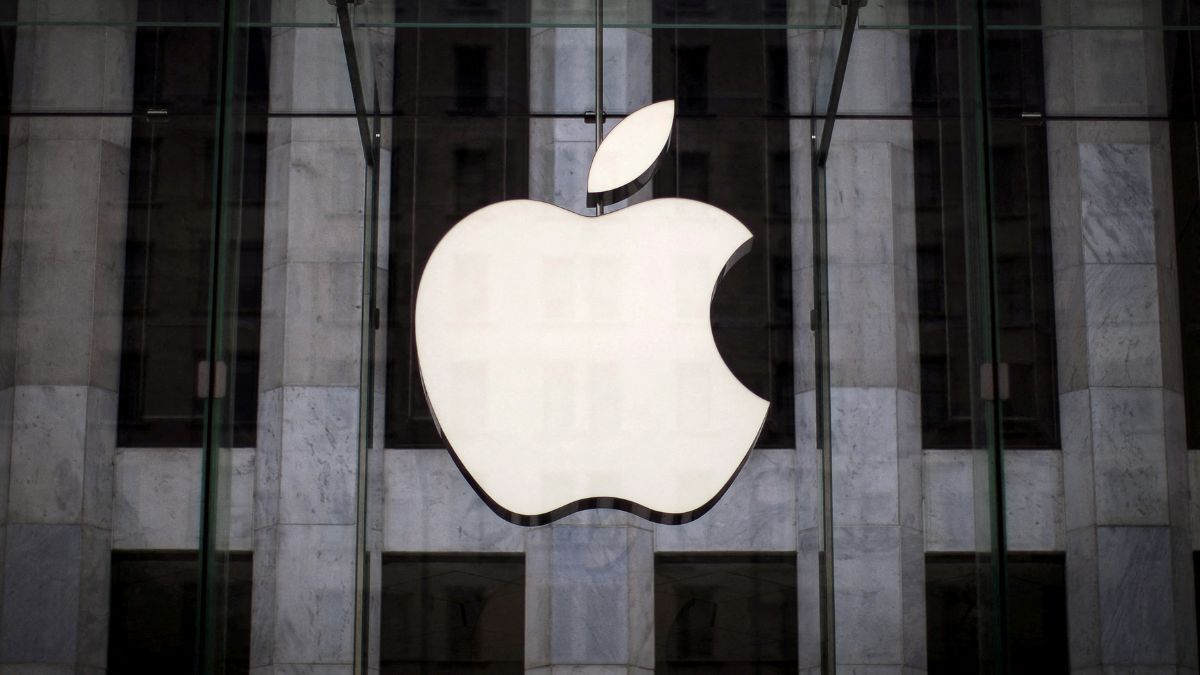- By Vaamanaa Sethi
- Sat, 09 Sep 2023 09:44 AM (IST)
- Source:JND
The shares of Apple tumbled massively, wiping over $200 billion of market capitalisation in just two after China plans to expand a ban on the use of iPhones to government-backed agencies and state companies.
As per reports, the shares of the tech giant fell as much as 5.1%, bringing its two-day slump to 6.8%. Apple is the biggest component in US equity indexes and adding to a broader selloff sparked in part by a litany of woes in China.
Also read: World Literacy Day 2023: Why Providing Financial Literacy To Youths Is Important For A Better Future
It is to be noted that the iPhone maker counts China as its biggest foreign market and global production base.
While the US economy continues to demonstrate resilience, Apple is poised to encounter additional challenges due to the recent sell-off of bonds. This sell-off is driven by concerns about the Federal Reserve's need to intensify its efforts in combating inflation.
The most recent development is significantly impacting the markets, leading investors to offload a wide range of assets, including semiconductor stocks, mega-cap technology companies, and US-listed Chinese equities.
“The Nasdaq is sinking as one bad Apple spoils a bunch of mega-cap tech stocks. Apple’s growth story is heavily reliant on China and if the Beijing crackdown intensifies that could pose a big problem to the bunch of other mega-cap tech companies that rely on China," Edward Moya, senior market analyst at OANDA, was quoted as saying by Bloomberg.
If the Chinese government goes ahead with the ban on the use of iPhones and other foreign-branded devices by government officials, it can lead to a cascading effect on several other US technology companies that rely heavily on sales and production in China.
On Thursday, Apple suppliers around the world saw a decline in their stock prices following the confirmation of China's recent policy adjustments. In contrast, Daniel Ives of Wedbush Securities believes that the impact of an "iPhone ban is being exaggerated," stating that it may only influence fewer than 500,000 iPhones out of the approximately 45 million expected to be sold in the country over the next year.

